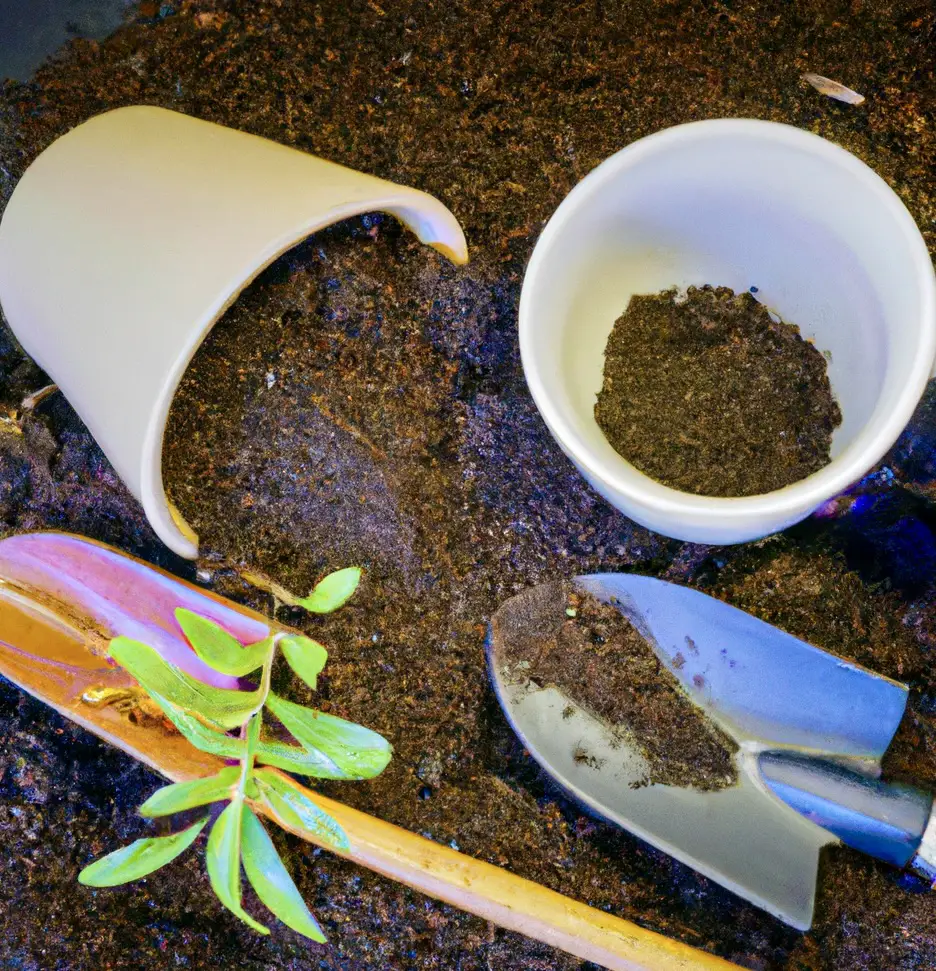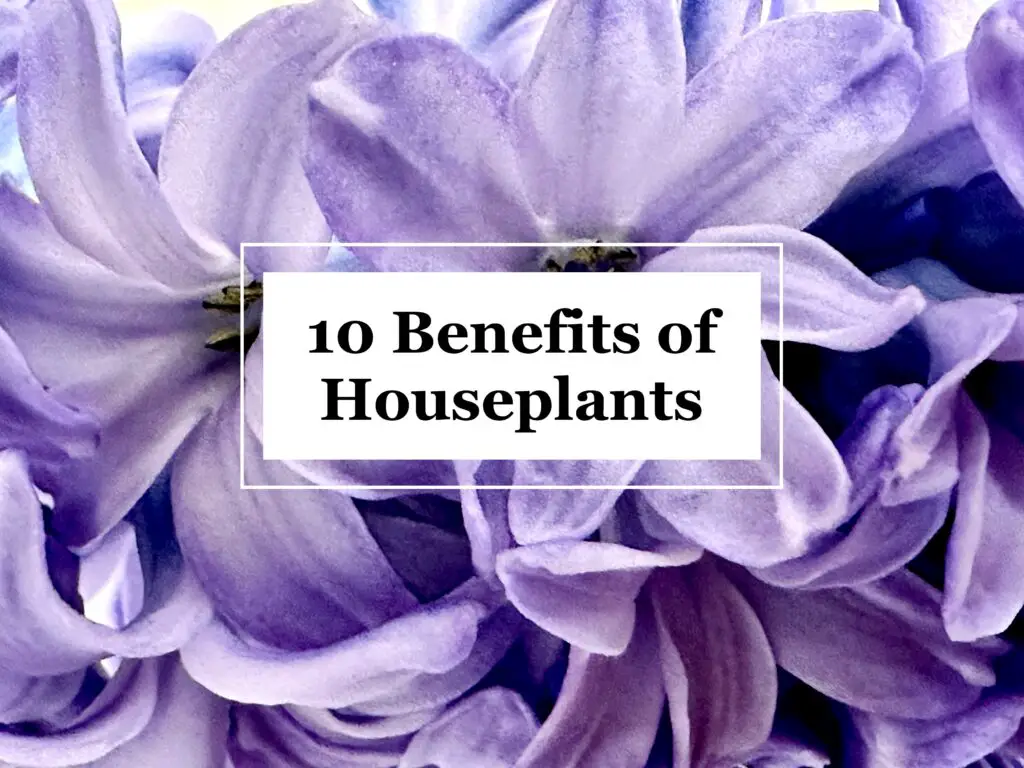Please don’t waste coffee grounds! There are several creative ways to reuse coffee grounds, giving them a second life instead of tossing them in the trash. Here are some ideas:
- Fertilizer: Coffee grounds are rich in nitrogen, making them an excellent addition to compost or fertilizer for plants. Simply sprinkle the coffee grounds around the base of your plants or mix them into your compost pile to enrich the soil.
- Gardening: Coffee grounds can deter pests like slugs and snails when sprinkled around plants. Additionally, they can be used as a mulch to help retain moisture in the soil and suppress weed growth.
- Odor neutralizer: Coffee grounds can absorb and neutralize odors. Place dry coffee grounds in a bowl or sachet and put them in areas with strong odors, such as the refrigerator, freezer, or shoes, to help eliminate unpleasant smells.
- Exfoliating scrub: Coffee grounds make a natural exfoliant for the skin. Mix them with a bit of coconut oil or olive oil to create a DIY scrub that can help remove dead skin cells and leave your skin feeling smooth and rejuvenated.
- Cleaning: Coffee grounds can be used as an abrasive cleaner for surfaces like pots, pans, and sinks. Mix them with a bit of water or dish soap to create a paste, then scrub the surface gently to remove stains and grime.
- Repellent: Coffee grounds can act as a natural repellent for certain pests, such as ants and cats. Sprinkle coffee grounds in areas where these pests are a problem to deter them from entering your home or garden.
- Flavor enhancer: Used coffee grounds can be dried and used to flavor dishes like stews, sauces, or baked goods. They can add a subtle coffee flavor and depth to your recipes.
- Crafts: Coffee grounds can be used in arts and crafts projects. They can be mixed with glue to create textured artwork or added to homemade paper for a unique look and texture.
By finding creative ways to reuse coffee grounds, you can reduce waste and give them a new purpose while enjoying their many benefits around your home and garden.
Coffee grounds can be beneficial for a variety of plants, but some species tend to benefit more from their use due to their specific nutrient needs and soil preferences. Here are a few types of plants that tend to thrive with the addition of coffee grounds:
- Acid-Loving Plants: Coffee grounds are acidic and can help lower the pH of the soil, making them particularly beneficial for acid-loving plants such as:
- Azaleas
- Rhododendrons
- Camellias
- Blueberries
- Hydrangeas
- Vegetables: Many vegetable plants can benefit from the nitrogen-rich content of coffee grounds, which promotes healthy growth and green foliage. Some vegetables that tend to respond well to coffee grounds include:
- Tomatoes
- Peppers
- Lettuce
- Spinach
- Kale
- Fruit Trees: Fruit trees can benefit from the nutrients found in coffee grounds, particularly when applied as part of a balanced fertilizer regimen. Consider using coffee grounds around the base of:
- Citrus trees
- Apple trees
- Peach trees
- Plum trees
- Flowering Plants: Coffee grounds can enhance soil fertility and promote blooming in many flowering plants. Consider using coffee grounds around:
- Roses
- Annual and perennial flowers
- Orchids
- Geraniums
- Lilies
- Herbs: Herbs generally prefer well-draining soil with moderate fertility, and coffee grounds can provide a gentle boost of nutrients without over-fertilizing. Some herbs that can benefit from coffee grounds include:
- Basil
- Mint
- Rosemary
- Thyme
- Parsley
When using coffee grounds in the garden, it’s essential to apply them in moderation and mix them into the soil or compost pile to prevent issues with acidity or mold. Additionally, it’s best to use coffee grounds from brewed coffee rather than instant coffee or coffee with added cream or sugar, as these additives may not be beneficial to plants. Overall, coffee grounds can be a valuable addition to the garden when used thoughtfully and in conjunction with other organic fertilizers and soil amendments.

DIFER.ORG supports reducing waste





